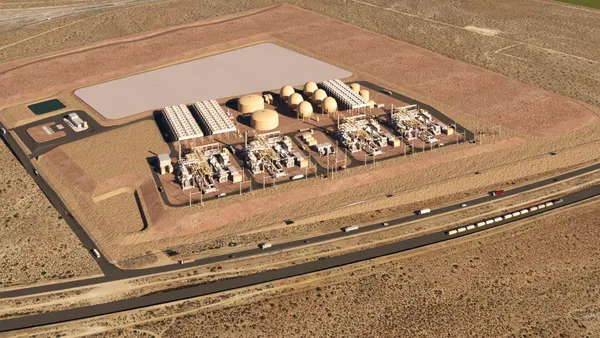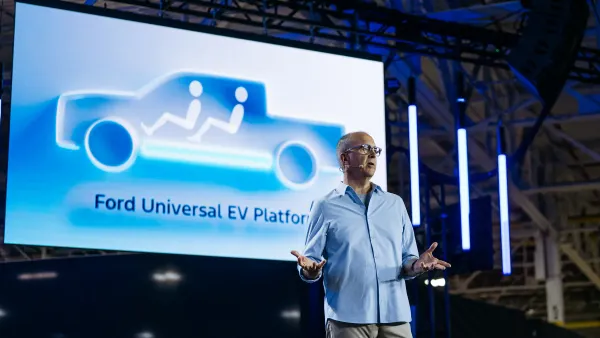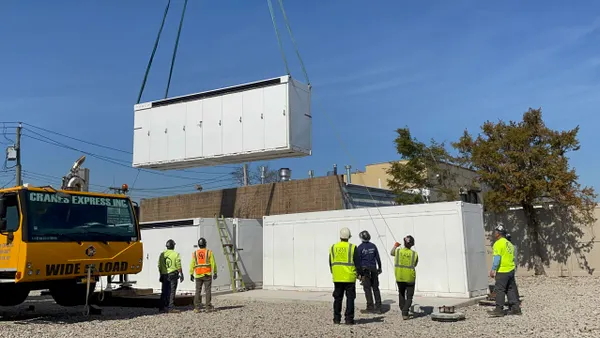Dive Brief:
- RWE Supply & Trading, German utility giant RWE’s energy trading arm, has invested an undisclosed amount in behind-the-meter battery startup Stem, leading the company's $45 million Series C funding round.
- Stem technology combines lithium-ion batteries, power converters/inverters, and proprietary control hardware-software that meters and analyzes a building’s energy use. If it sees a spike or peak or detects one coming, it provides battery power to prevent it. That lowers the demand charge assessed on commercial customers for their highest single 15-minute usage period.
- Stem is working with Pacific Gas and Electric on a pilot energy-shifting-as-demand-response program. It also won a power purchase agreement with Southern California Edison to provide 85 MW of aggregated storage capacity as part of SCE’s effort to offset the loss of its 2,250 MW San Onofre Nuclear Generating Station.
Dive Insight:
RWE is one of the biggest electricity and gas providers in Europe and operates in Germany, the Netherlands and the United Kingdom. Its investment brings Stem’s total backing to an estimated $75 million.
Grid-bolstering in-front-of-the-meter energy storage is growing rapidly and constituted 90% of deployment in 2014. But behind-the-meter storage deployment is growing faster and is expected to be 45% of the overall market by 2019, driven largely by commercial and industrial (C&I) customers' use to get demand charge reductions, according to GTM Research energy storage analyst Ravi Manghani.
C&I customers are more likely to use solar-plus-storage systems because of their larger rooftop spaces closer to the grid. They also have larger peak period load profiles. Most importantly, C&I customers have more financial motivation to adopt storage because of their time-of-use rates, demand response opportunities, and demand charges that make up 30% to 50% of their bills.
“Economics is the million dollar question,” Sunspec Alliance Development Director Tim Keating recently observed. “C&I is a use case for storage that you can make pencil economically now."














